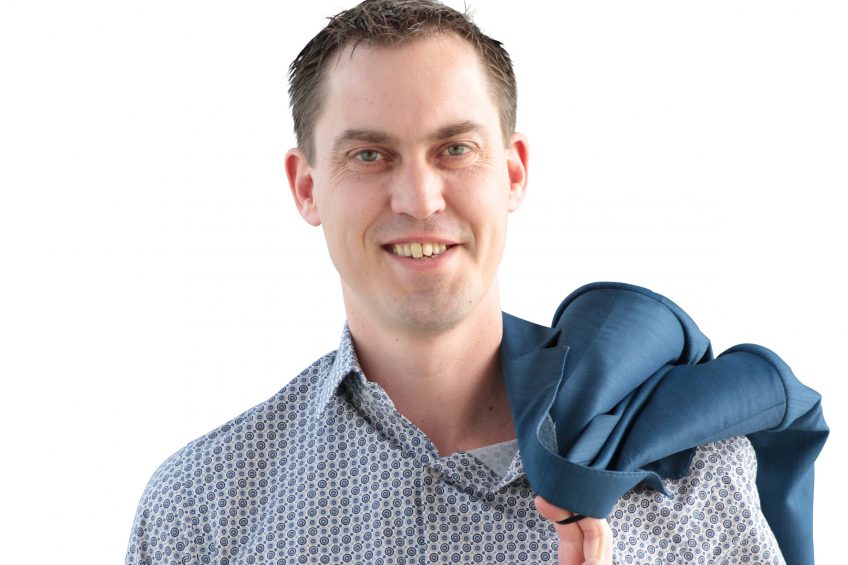Veterinary concerns must outweigh economic concerns

According to avian influenza experts, the bird flu carrying wild widgeons should be out of the largest part of Europe by now. With the virus source gone, it is reasonably safe again to let free-ranging layers outside, restoring the so valued status for the eggs.
Egg farmers in Germany, the Netherlands and Britain are all suffered from the loss of the free-range status, 12 weeks after the mandatory housing order.
Restrictions were hailed – at first
After the first outbreak, everyone accepted and even hailed the measures taken by the governments. However, after 12 weeks when the free-range status was lost and the value of the eggs dropped, there was a whole other sentiment.
Economics taking precedence over safety
Farmers and farmer organisations said they ‘face ruin’ if the housing order would be kept in place. Even at the time when the virus was still around, there was a clear plea to let the birds out again, for economic reasons only. From an individual farmer’s perspective, that is understandable.
However, veterinary concerns about the infection risk should outweigh the economic concerns all the time. The loss of income of the egg farmers could indeed add up, having a few weeks without a free-range status. That said, the whole poultry sector would suffer far more with another outbreak, just before the infected wild birds leave the continent.
Just as a comparison, at the time the free-range layers can go out again, the economic damage is immediately limited. Exporters of poultry meat and hatching eggs will suffer for another 3 months minimum, because of closed borders in third countries.













